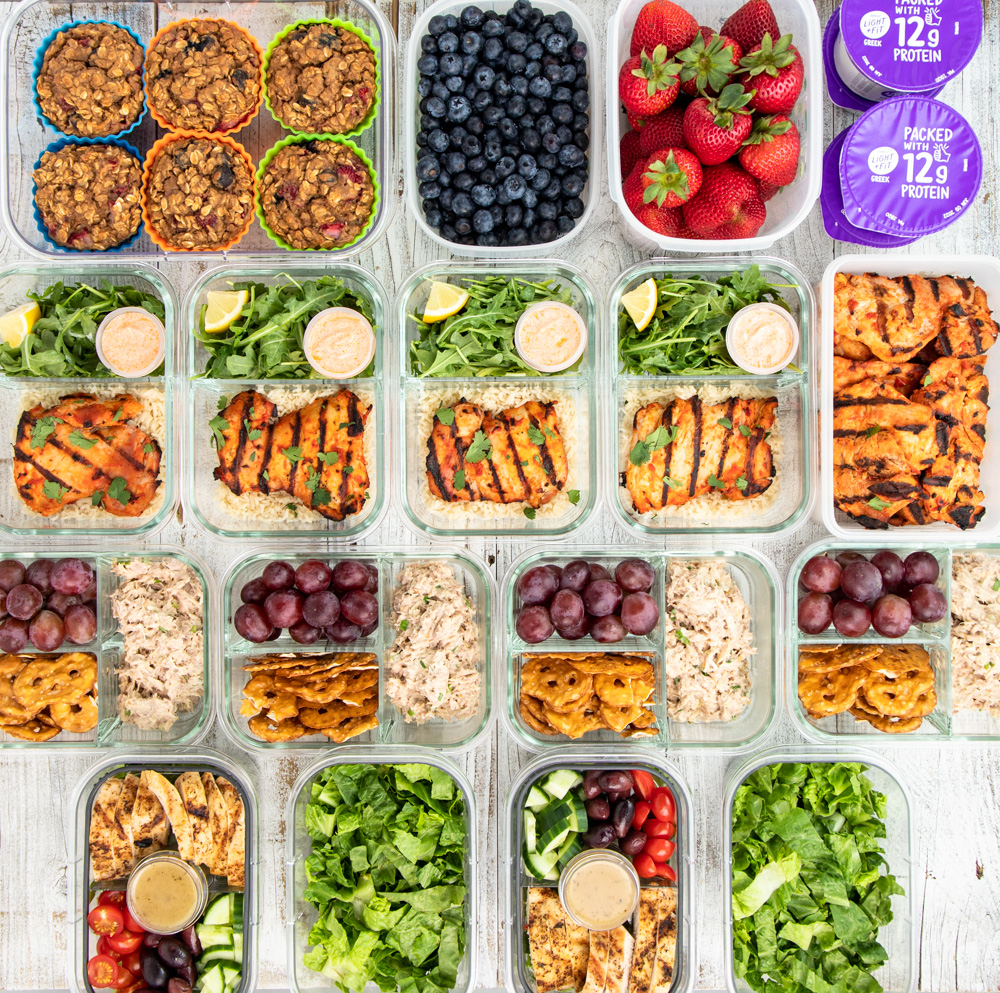Maintaining a balanced diet is the cornerstone of optimal health, and nobody knows this better than top nutritionists. These experts not only preach the gospel of good nutrition but live it every day. But while they seamlessly balance macronutrients, micronutrients, and even indulge occasionally without guilt, many people struggle to maintain a healthy diet even for a single week. Why is this disparity so stark? What secrets do these nutritionists hold, and why do so many of us falter in our attempts to eat healthily? Let’s dive into the habits of top nutritionists and uncover why you might be struggling.
The Secrets of Top Nutritionists
1. Knowledge and Education
Top nutritionists have a wealth of knowledge about food, nutrients, and the human body. They understand the intricate ways in which different foods affect our health, energy levels, and overall well-being. This knowledge allows them to make informed decisions about what to eat and when, ensuring they get the right balance of nutrients without falling into the trap of fad diets.
2. Mindful Eating
Nutritionists practice mindful eating. They pay attention to what they eat, how they eat, and how their body responds. This means savoring each bite, recognizing hunger and fullness cues, and avoiding distractions like screens during meals. This practice not only enhances the eating experience but also prevents overeating.
3. Planning and Preparation
One of the biggest secrets to their success is planning. Nutritionists plan their meals and snacks ahead of time, ensuring they always have healthy options available. They prepare meals in advance, stock up on nutritious foods, and avoid the temptation of unhealthy snacks by not keeping them at home.
4. Balanced Meals
A balanced diet isn’t about restriction but about variety and balance. Nutritionists ensure their meals include a mix of protein, healthy fats, complex carbohydrates, and plenty of fruits and vegetables. This balance keeps them satisfied and energized throughout the day.
5. Listening to Their Bodies
Nutritionists are in tune with their bodies. They understand that what works for one person may not work for another. They listen to their bodies’ signals, adjusting their diets as needed to maintain optimal health and well-being.
6. Healthy Relationships with Food
Top nutritionists maintain a healthy relationship with food. They don’t see food as the enemy or feel guilty about eating certain things. Instead, they view food as fuel and nourishment, allowing themselves to enjoy treats in moderation without guilt.
Why You Can’t Even Eat Healthy for a Week
1. Lack of Knowledge
Most people don’t have the same level of knowledge about nutrition as top nutritionists. This lack of understanding leads to poor food choices and the inability to create balanced meals. It’s not just about eating less or avoiding certain foods; it’s about knowing what your body needs.
2. Emotional Eating
Emotional eating is a significant barrier to maintaining a healthy diet. Many people turn to food for comfort, stress relief, or as a reward. This habit leads to overeating unhealthy foods, disrupting any attempt to eat healthily.
3. Poor Planning
Without a plan, it’s easy to fall back on convenient but unhealthy options. Many people don’t take the time to plan their meals, leading to last-minute decisions that often involve fast food or processed snacks.
4. Unrealistic Expectations
Many people set unrealistic expectations for themselves, thinking they need to completely overhaul their diet overnight. This all-or-nothing mentality can be overwhelming and unsustainable, leading to quick burnout and a return to old habits.
5. Social Pressure
Social events, peer pressure, and cultural norms can make it challenging to stick to a healthy diet. When everyone around you is indulging in unhealthy foods, it can be difficult to resist the temptation and make different choices.
6. Lack of Support
Having a support system is crucial for maintaining a healthy diet. Without encouragement and accountability from friends, family, or a community, it’s easy to lose motivation and revert to unhealthy eating habits.
Bridging the Gap: Practical Tips
1. Educate Yourself
Take the time to learn about nutrition. Read books, follow reputable nutrition blogs, and consider consulting with a nutritionist to gain a better understanding of what your body needs.
2. Practice Mindful Eating
Start paying attention to your eating habits. Eat slowly, savor each bite, and avoid distractions. This practice can help you enjoy your food more and recognize when you’re full.
3. Plan and Prepare
Make a weekly meal plan and stick to it. Prepare your meals and snacks in advance to ensure you always have healthy options on hand. This can help you avoid the temptation of unhealthy convenience foods.
4. Set Realistic Goals
Set achievable goals for yourself. Instead of trying to overhaul your diet overnight, make small, gradual changes. Celebrate your successes, no matter how small they may seem.
5. Build a Support System
Surround yourself with people who support your healthy eating goals. Join a community, find a workout buddy, or seek out a mentor who can provide guidance and encouragement.
6. Be Kind to Yourself
Don’t be too hard on yourself if you slip up. Maintaining a balanced diet is a journey, and it’s okay to indulge occasionally. The key is to get back on track and keep moving forward.
Maintaining a balanced diet like top nutritionists do is within your reach. It takes knowledge, planning, and a healthy relationship with food. By making small, sustainable changes, you can overcome the barriers that have held you back and achieve your health goals. Remember, it’s not about perfection but about progress and making choices that nourish your body and mind.
Call to Action
For more tips and inspiration on how to live your healthiest life, bookmark our blog Wellness Accelerator, follow us on Twitter, and subscribe to our YouTube channel. Your journey to better health starts here!




